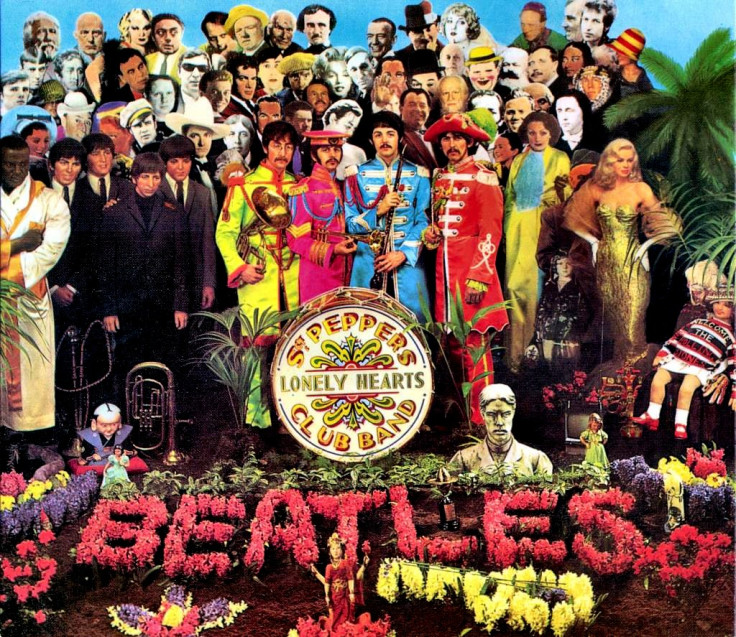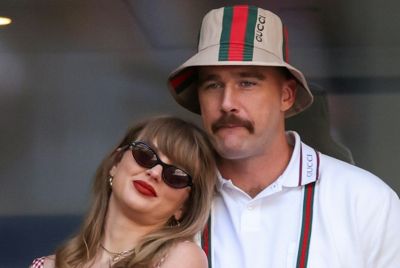The day the BBC banned The Beatles for saying 'knickers'

KEY POINTS
- A Day In The Life and Lucy In the Sky With Diamonds were banned earlier in 1967 for referencing drugs.
- Come Together was banned in 1970 because it referenced Coca-Cola.
The Fab Four were not so fabulous in the eyes – or ears – of the BBC in 1967.
In the late sixties, The Beatles gradually shed their good boys image, and started experimenting with drugs. Revolver, which is dubbed by many as their most "LSD inspired" work, came out in 1966.
In November 1967, the band released I Am The Walrus as a B-side to Hello Goodbye. And the Beeb was not a fan.
The nonsensical lyrics, as John Lennon revealed in a 1980 Playboy interview, were written during two different acid trips.
One couplet in particular angered Broadcasting House: "Crabalocker fishwife, pornographic priestess / Boy, you've been a naughty girl you let your knickers down."
The obvious reference to sex, as well as the word "knickers", was all too much for the airwaves, and so I Am The Walrus became the third Beatles song to be banned by the BBC in 1967.
Two songs from Sgt. Pepper's Lonely Hearts Club Band had already been banned by the BBC since the album's release on 26 May 1967.
A Day In The Life was banned because it referenced drugs. It was thought the Paul McCartney verse, which read: "Found my way upstairs and had a smoke / And somebody spoke and I went into a dream" was a reference to marijuana.
However, it's "I'd love to turn you on" that was the open drug reference.
The ban was finally lifted when the author David Storey picked it as one of his Desert Island Discs in 1972.
Lucy In The Sky With Diamonds was also banned for drug references, but some censorship scholars think the decision was a reach.
The song Tomorrow Never Knows, released on Revolver a year earlier, was literally inspired by a book on LSD Lennon had read. However, it was never banned by the BBC.
From Fab Four to Acid trips
From 1965 onward, many thought the Beatles were not setting good examples for the youth.It is rumoured even the Queen, who had honoured all 4 of them with MBEs in 1965, commented that "the Beatles [were] turning awfully funny".
Lennon and George Harrison were the first ones to try LSD. Unbeknown to the pair, a friend of theirs slipped the drug in their drink, which led to a "just terrifying but fantastic" acid trip, according to Lennon.
Their following albums were heavily drug-influenced, although Paul McCartney refused to indulge when prompted by Lennon and Harrison. Legend has it Ringo Starr simply said: "I'll take anything."
In 1970, another Beatles song was banned by the BBC for a completely different reason. Come Together was blacklisted because it directly referenced Coca-Cola, a commercial brand.






















